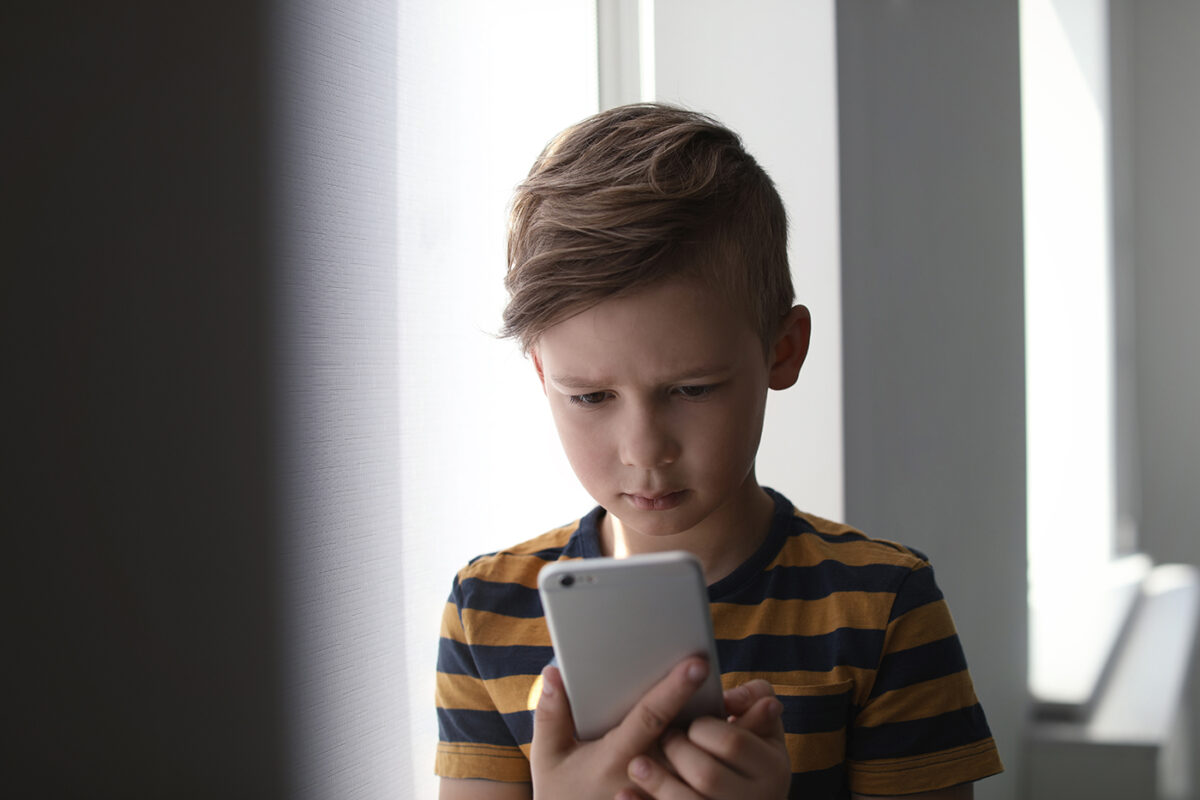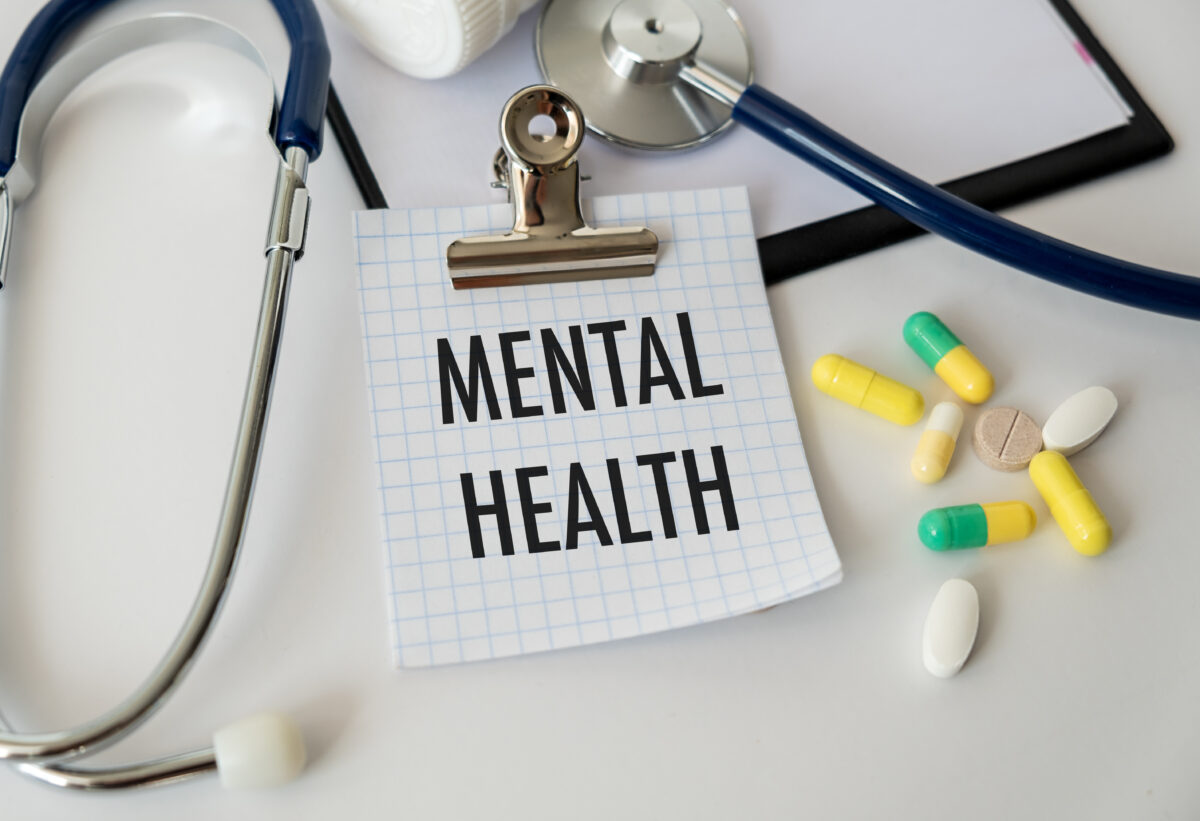
Author
Elizabeth (Izzy) Montgomery, MPA
Policy Analyst
Contact
ACHI Communications
501-526-2244
jlyon@achi.net
Humans are social creatures, and social connection is fundamental to our health and well-being, according to an advisory released Tuesday, May 2, by the U.S. surgeon general entitled “Our Epidemic of Loneliness and Isolation.”
The advisory highlights and seeks to address the negative impacts that social isolation can have on physical and mental health, including increased risk of mortality, poor cardiovascular health, and depression, as discussed in our explainer.
Among the key takeaways is evidence that social connection significantly improves not only individual health and well-being but also community health and success. Socially connected communities experience better population-level health, more resilience in response to disasters, greater economic prosperity, and reduced levels of crime and violence.
The 82-page document urges that each of us commit to our relationships and communities. This means investing time and energy into building and maintaining social connections, whether through volunteering, joining a club or organization, or spending quality time with loved ones. The advisory also recommends creating environments in our workplaces and schools that support social connection and well-being.
The surgeon general outlines a national strategy based on six pillars to advance social connection:
- Strengthening social infrastructure in local communities by designing built environments to promote social connections; establishing and scaling community connection programs; and investing in local institutions that bring people together.
- Enacting pro-connection public policies by adopting a “connection-in-all-policies” approach which recognizes that every sector of society is important to social connection; advancing policies that minimize harm from disconnection; and establishing cross-departmental leadership at all levels of government.
- Mobilizing the health sector by training healthcare providers; assessing and supporting patients; and expanding public health surveillance and interventions.
- Reforming digital environments by requiring data transparency; establishing and implementing safety standards; and supporting the development of pro-connection technologies.
- Deepening our knowledge by developing and coordinating a national research agenda; accelerating research funding; and increasing public awareness.
- Building a culture of connection by cultivating values of kindness, respect, service and commitment to one another; modeling connection values in positions of leadership and influence; and expanding conversations on social connection in schools, workplaces, and communities.
The final section includes recommendations for stakeholders in different sectors to advance social connection. For example, schools are encouraged to develop a strategic plan for building social connectedness and social skills, including implementing peer-led programs. Workplaces are encouraged to implement policies that protect employees’ ability to nurture their relationships outside of work, including respecting boundaries between work and non-work time and supporting caregiving responsibilities. Parents are encouraged to model healthy social connections for their children and help them develop strong, safe, and stable relationships with supportive adults like grandparents or teachers. Resources including toolkits, publications, and directories, tailored for different stakeholder groups, are available in the advisory.
Social connection has declined significantly in the last few decades. Polling data cited in the advisory found that approximately 45% of Americans felt they could trust other Americans in 1972, but that had declined to only 30% by 2016. The COVID-19 pandemic, with its disruptions of work, school, and our social lives, also negatively impacted social connection, the surgeon general notes.
Children and adolescents have been disproportionately impacted by a lack of social connection, with emerging research tying increased technology and social media use to social isolation. A study cited in the advisory noted that participants who used social media for more than two hours per day were twice as likely to report feeling social isolation compared to those who used social media for less than 30 minutes per day.
Notably, the advisory gives little attention to other pandemic-related factors that have fundamentally changed our society and deeply impacted family and community connections, including the millions of deaths attributed to the disease. It is estimated that 245,000 children in the U.S. have lost one or both parents to COVID-19. Research has shown that losing a parent in childhood often creates lifelong trauma and is associated with increased rates of depression and functional impairment.






